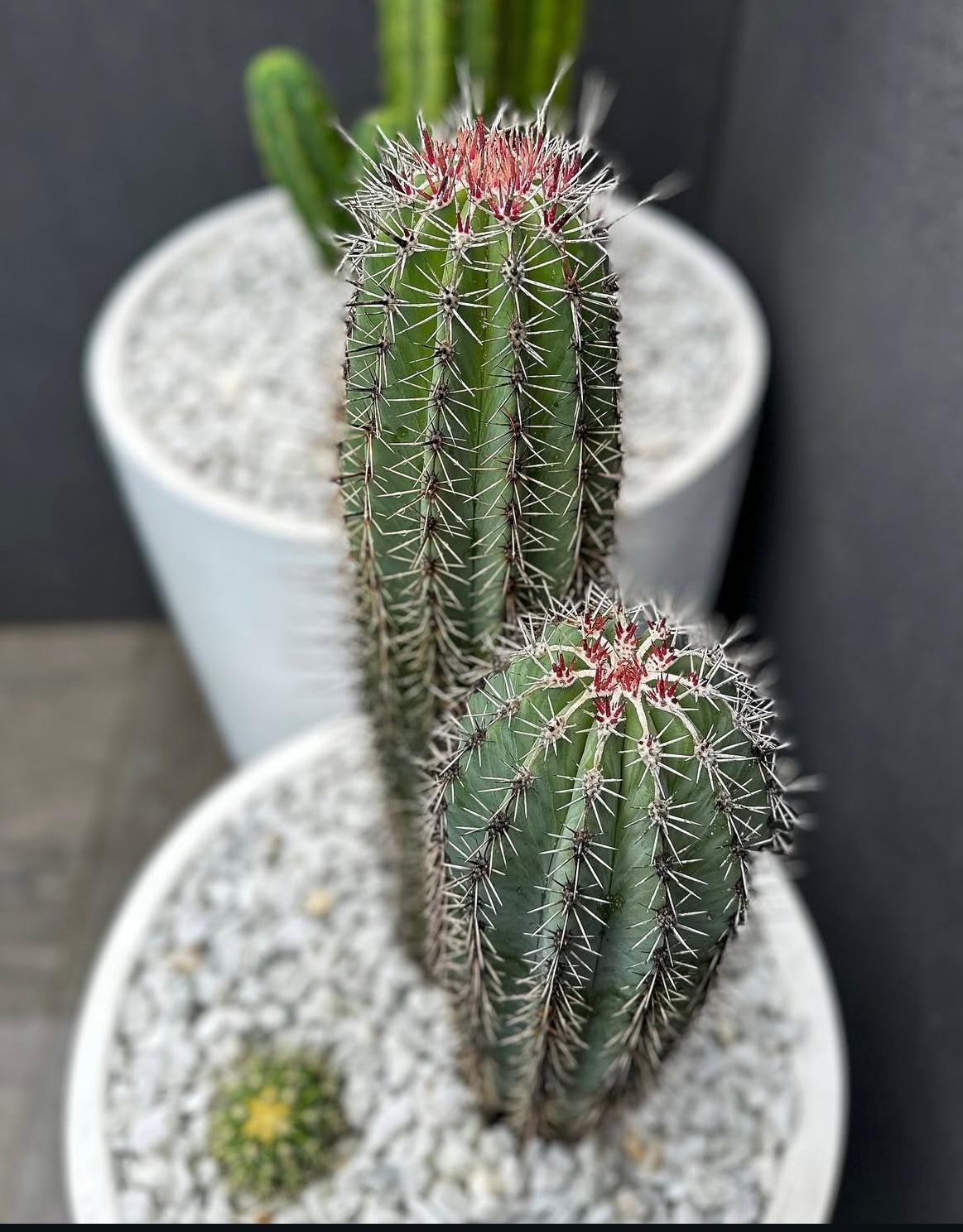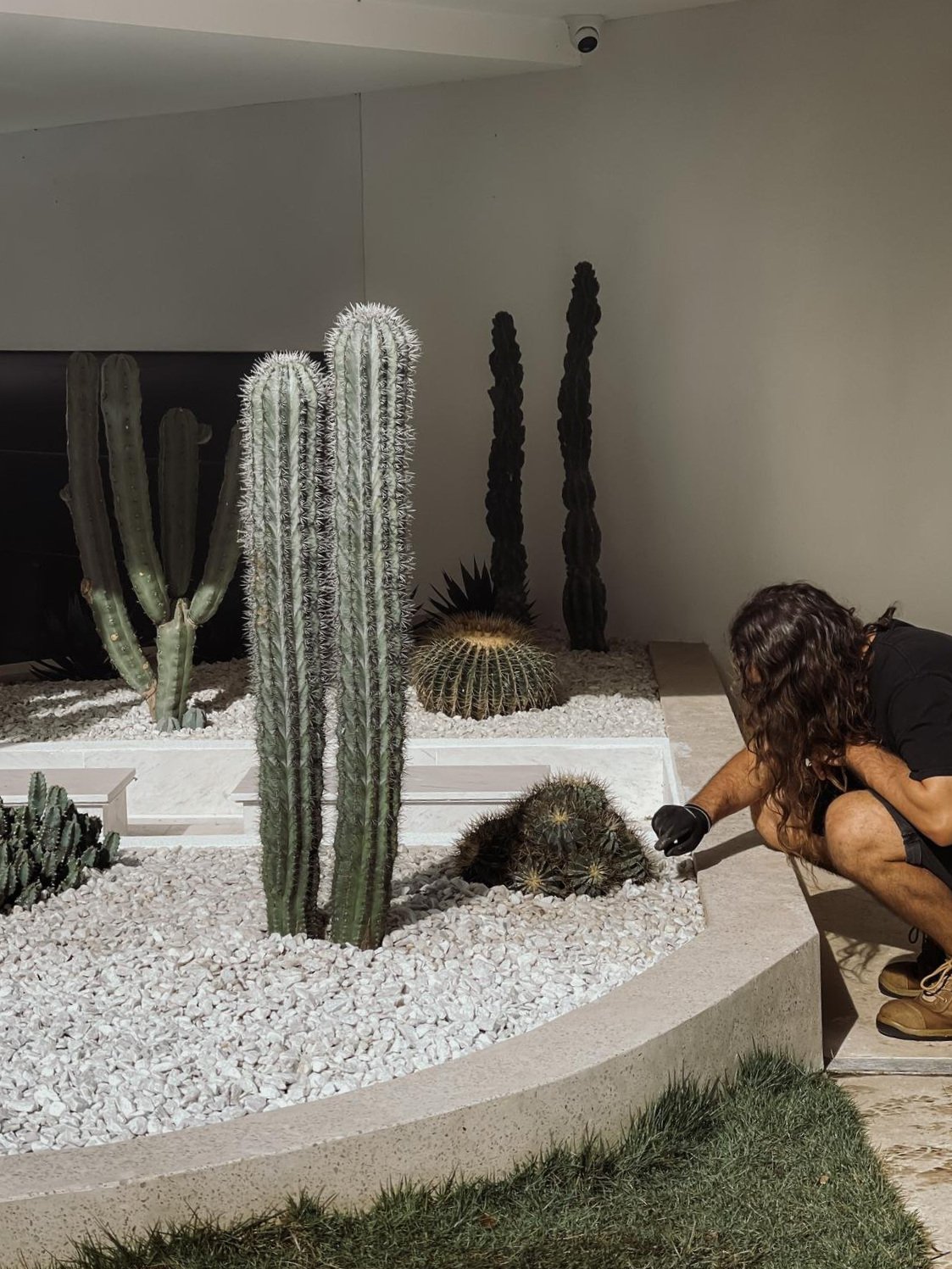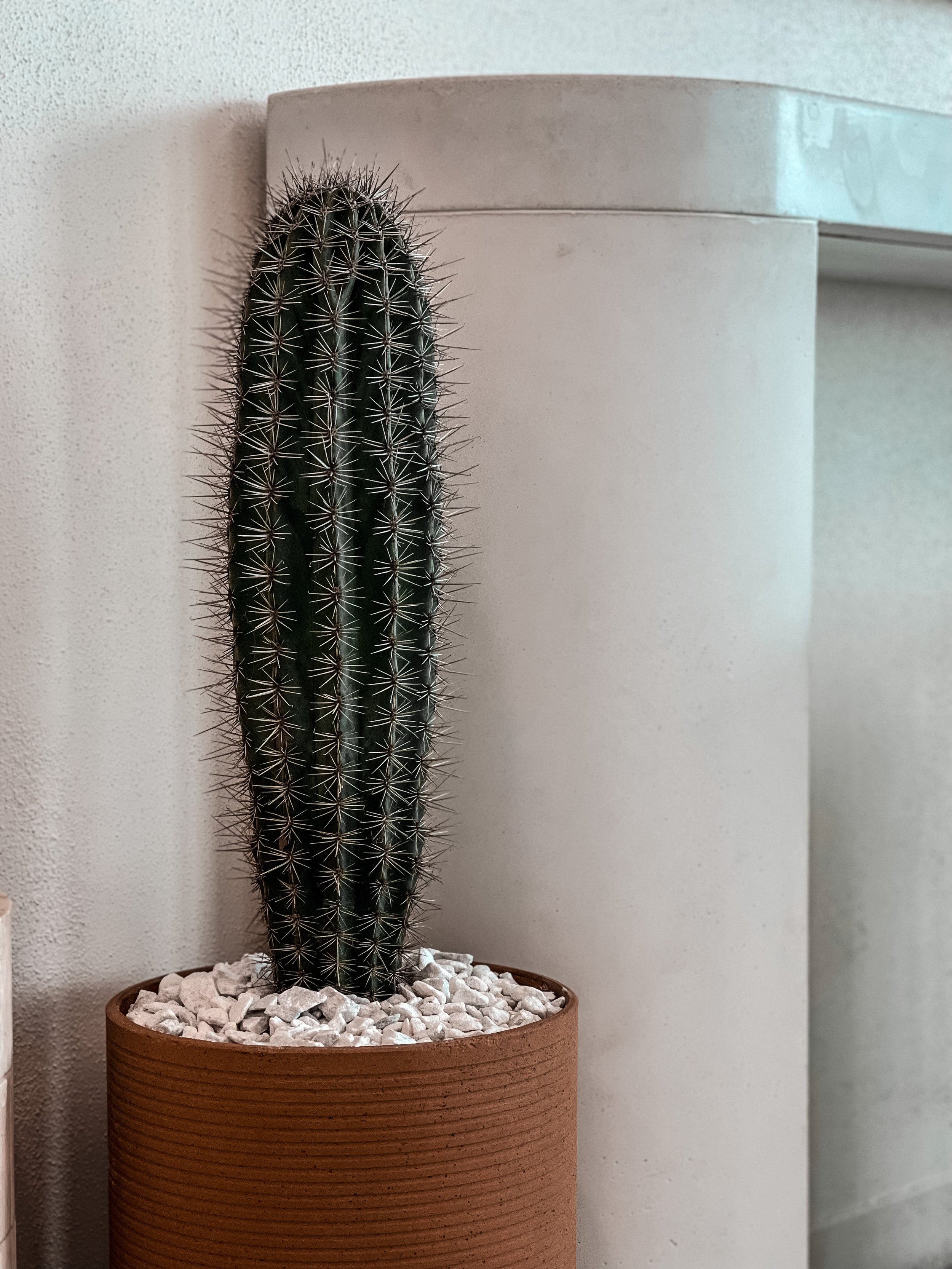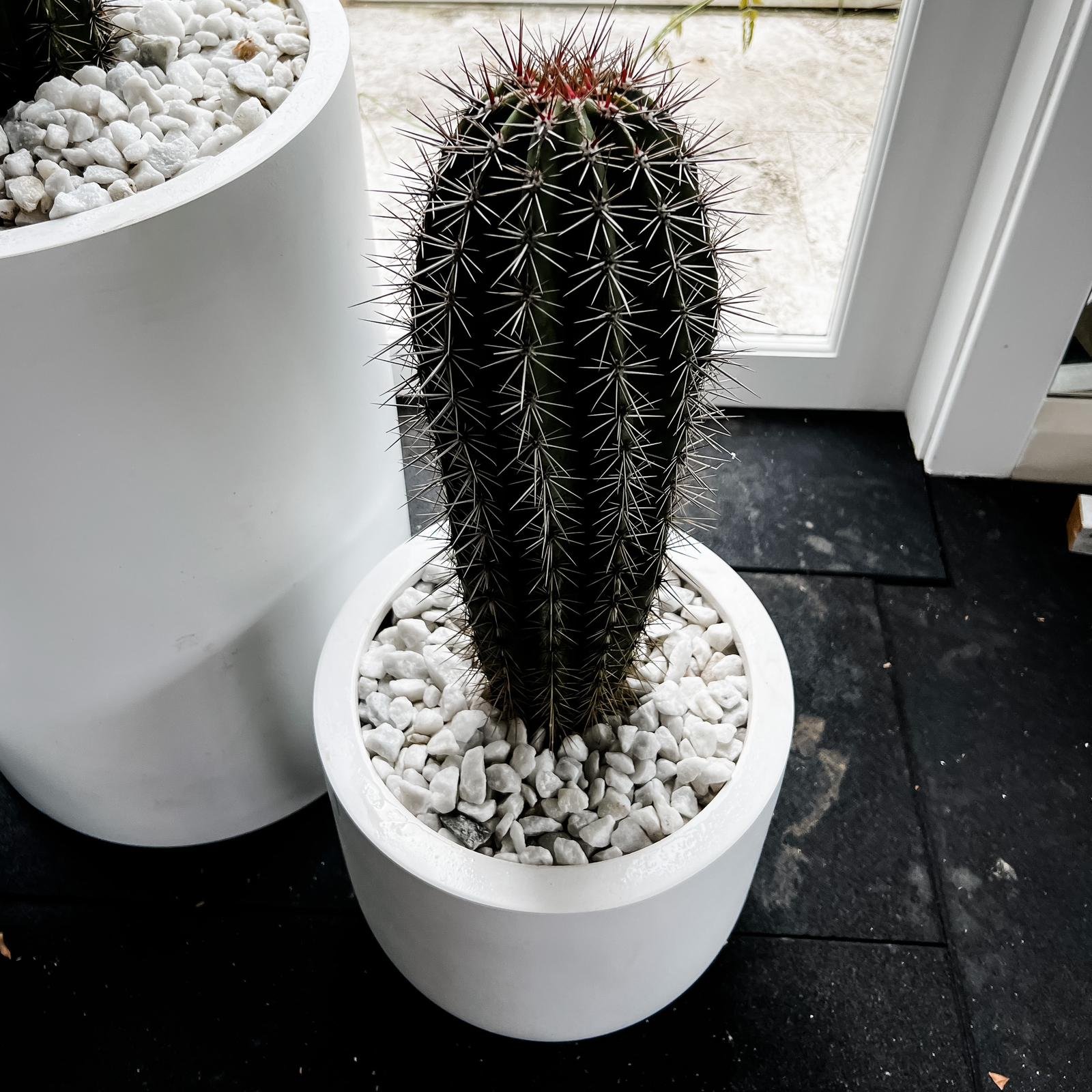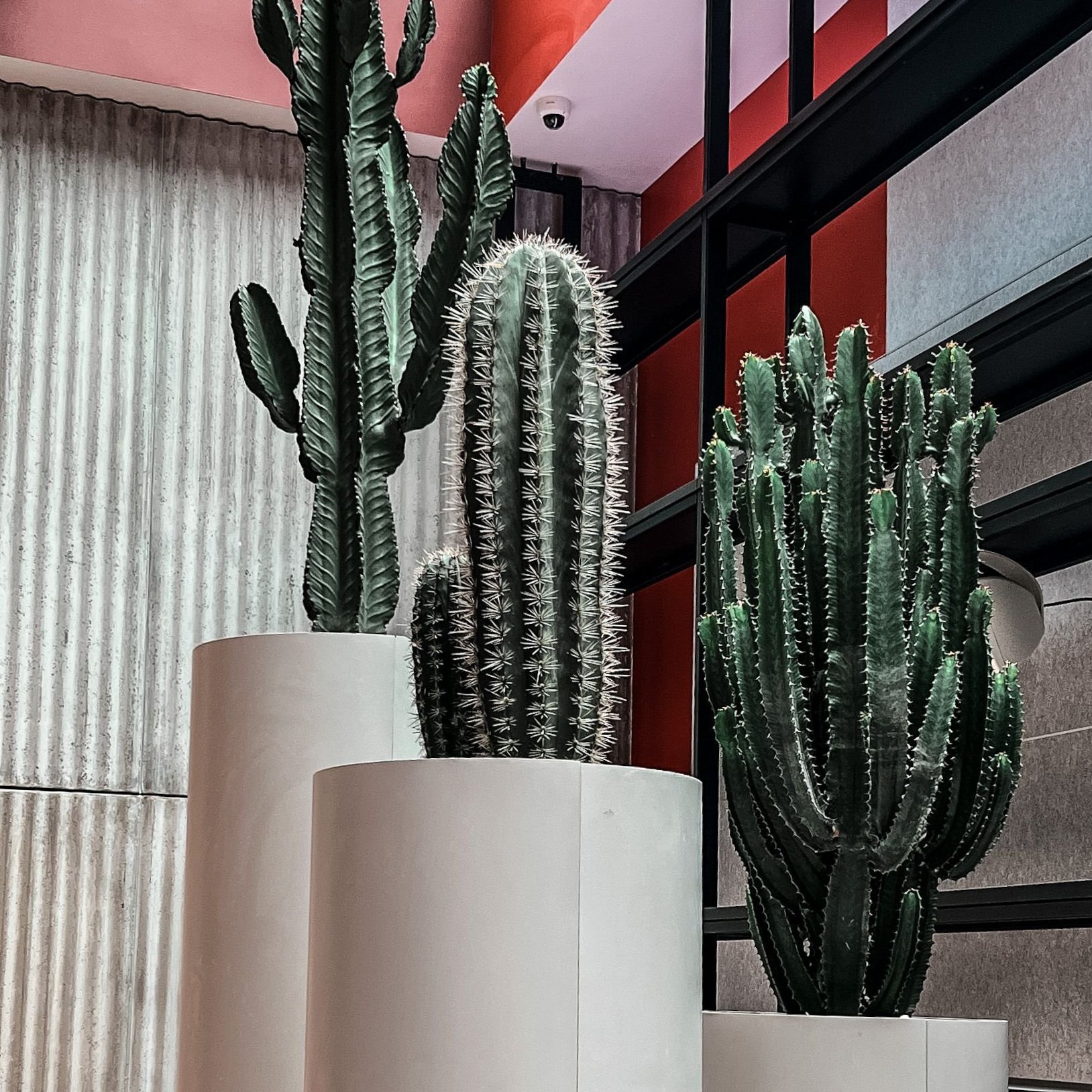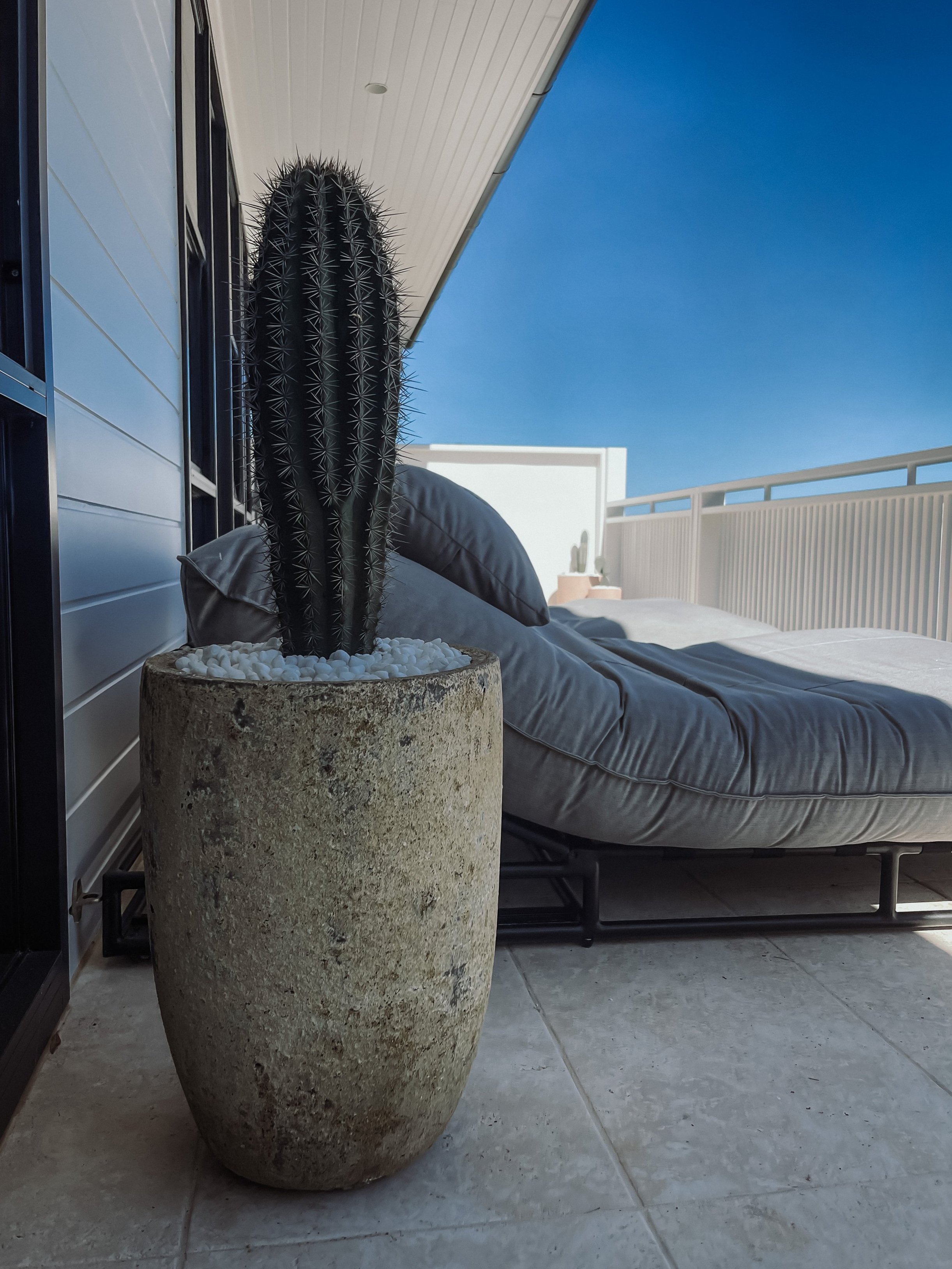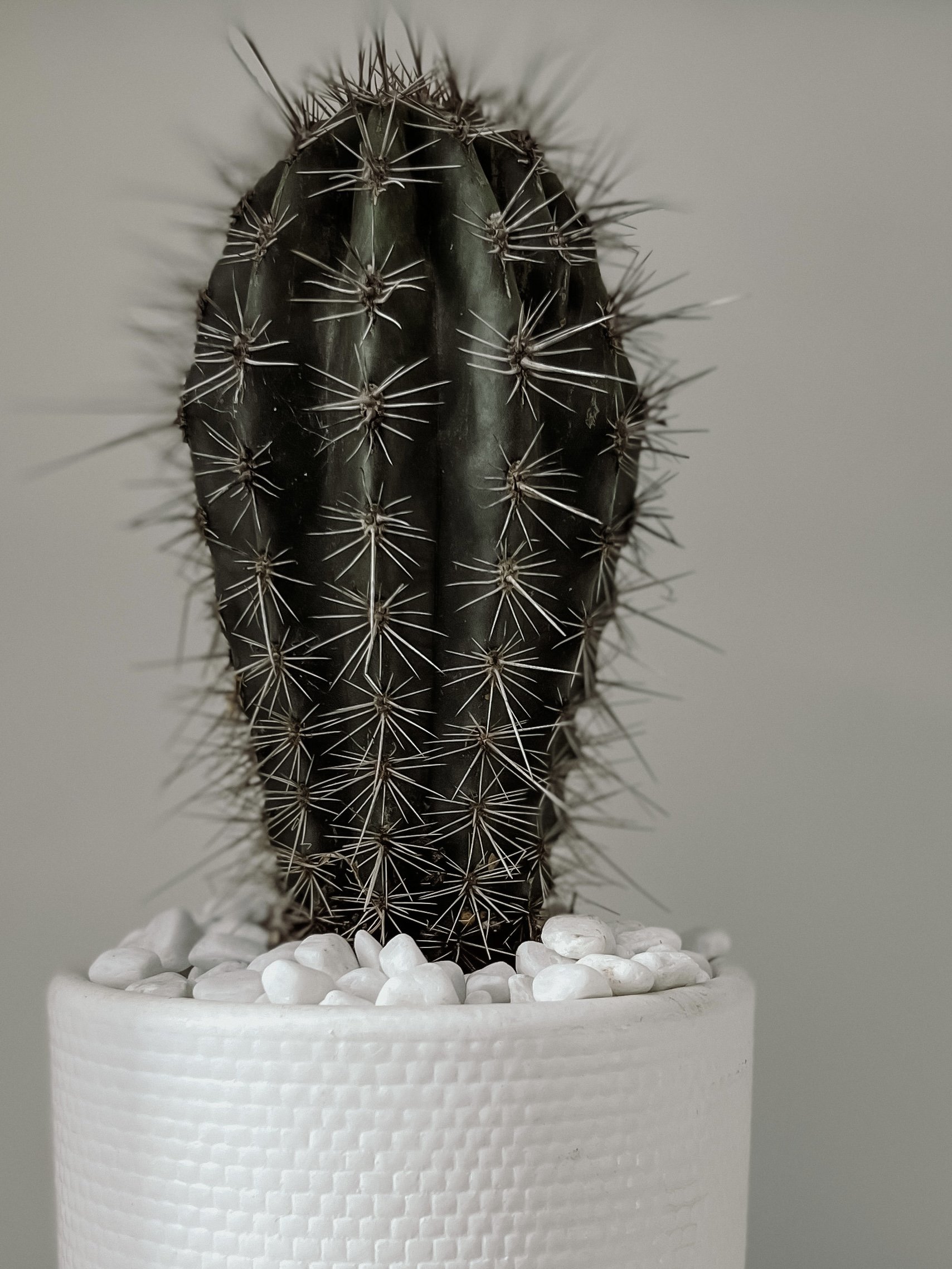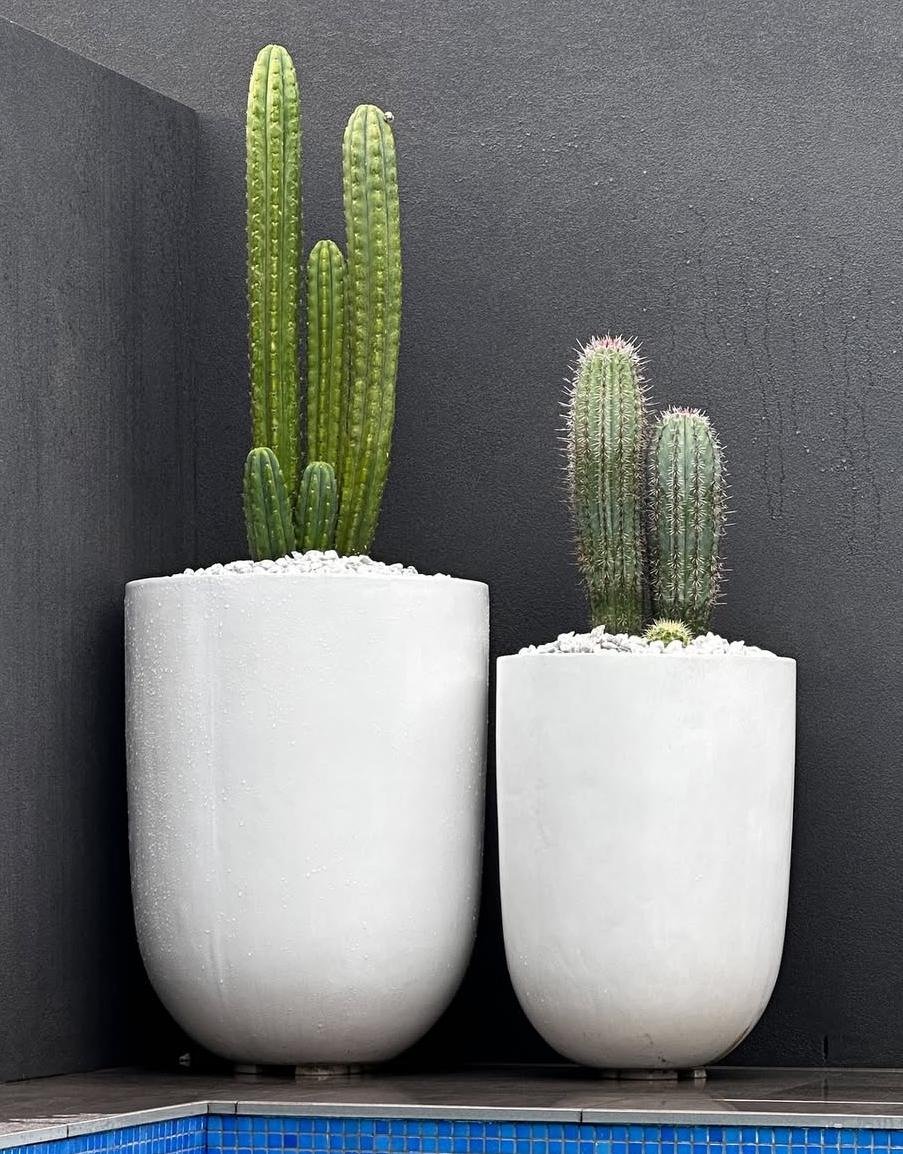Bishops Cap (Astrophytum spp.)
CONCACTUS FOR ALL INQUIRIES REGARDING PLANTS “SOLD OUT” ONLINE
BOTANICAL NAME
Astrophytum (Genus)
ORIGIN
Northern America
WATER
Water when soil is almost dry from spring to early autumn, seldom in Winter. I’d prefer to be dryer in winter (light misting)
OUTDOORS
Full day sun, bring it on! I’d also do great in ‘partial sun’
INDOORS
Yes, well-lit areas with direct sun (6hours+)
FROST TOLERANT
Low-moderate tolerance
GROWTH RATE
Slow (some varieties growing up to 1 metre tall and 20cm wide)
POPULARITY
Rare
FLOWERS
Annual yellow flowers once mature
PETS & CHILDREN
Low risk around children and pets
CONCACTUS FOR ALL INQUIRIES REGARDING PLANTS “UNAVAILABLE” ONLINE
Ready to spike up your space? Our products come in plastic pots, but fear not!
Get in touch post-purchase and we'll pot-ify your cactus for maximum appeal.
*IMAGES ARE CV STOCK EXAMPLES
Astrophytum Genus
The Astrophytum is a genus of six species of cacti, each varying in size and appearance. These days, there are many more varieties that use the name Astrophytum - collecting these rare plants is a difficult task, but certainly worth the effort. Astrophytum Onzuka is a species Cactus Vision stocks whenever we can. Known as the bishop's cap cactus or bishop's hat, this plant is the perfect small statement for coffee tables and desks.
Most Astrophytums, however, are known as "star cacti," as this is the Greek translation of "Astrophytum," and our online care notes refer to this genus as a collective. Demanding little care, but plenty of direct light (approximately six hours on a typical sunny day), the star cactus can happily grow outdoors or indoors where lighting is sufficient. This white freckled plant produces stunning yellow flowers when mature, often in groups of two or three. Some of these star cacti are more frost tolerant than others, however, Cactus Vision suggests moving them indoors to protect them from frost, if possible. All star cacti prefer to be dry in the winter months, especially where temperatures drop.
Although rare, the Astrophytum can become a victim of aphids, scale, mealybug, or scab mites. Cactus Vision suggests seasonal treatment to minimize the risk of attacks.





